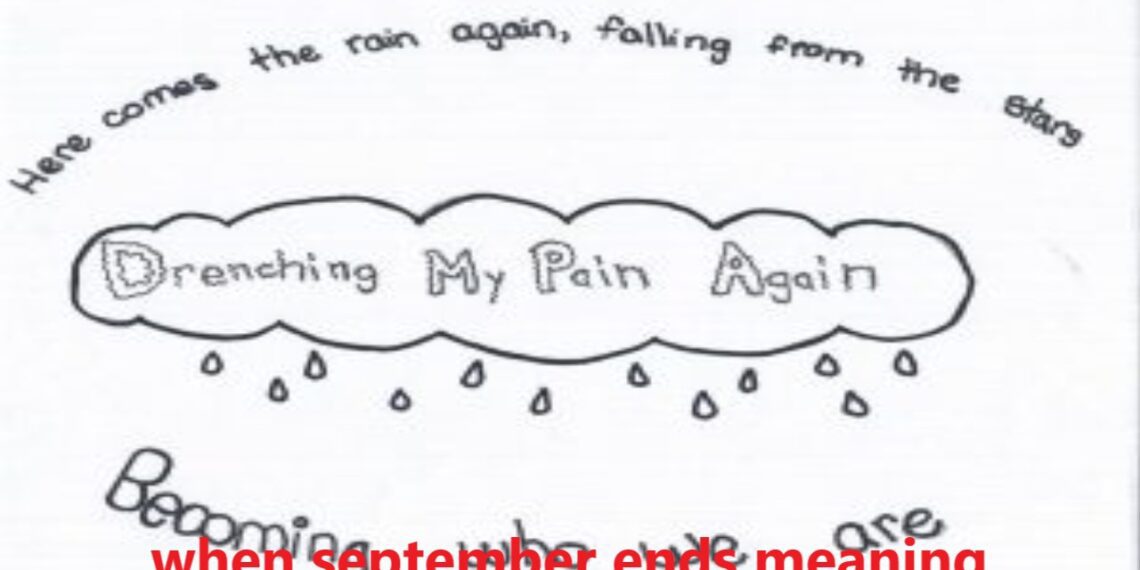“Wake Me Up When September Ends” by Green Day: has been able to hit the high notes of melancholy and nostalgia that lol what does this song even mean? Whether you’re a devotee or someone just exploring its emotional depth, you may be wondering: What does “When September Ends” really mean? This article explores the origins, symbolism, and impact of the song over the decades.
The Backstory Behind “Wake Me Up When September Ends”
Released in 2004 with the rest of Green Day’s highly reviewed album American Idiot, this song is somewhat unexpected in its divergence from the politically charged nature of its album. Penned by lead singer Billie Joe Armstrong, the song is a personal homage to his late dad, who died in September when Armstrong was only 10.
Armstrong’s desire to escape the sorrow and pain linked with September is, thus, the very essence of the title: a striking tribute to his unresolved grief.
Symbolism and Themes
1. Loss and Grief
“Wake Me Up When September Ends” is, at its core, a universal theme of loss. The deeply personal nature of Armstrong’s lyrics allows for relatability, whether that be from having lost a loved one or suffering other situations of heartbreak.
2. The Passage of Time
That mention of September, repeated, marks a transition—between the vibrancy of summer and the introspection of fall. It’s a reminder of the inevitable changes of life and the healing nature of time.
3. Collective Sorrow
Aside from Armstrong’s personal mourning, the song has acquired broader interpretations over the years. Listeners have linked it to great historical tragedies, including the 9/11 attacks, providing universal resonance.
The Song’s Cultural Impact
“Wake Me Up When September Ends” has transcended into a timeless ballad. Its relatability has led to a used at memorials and tribute events, outpacing its original context.
Samuel Bayer’s accompanying music video lends an extra layer of emotional gravitas. And with his video, depicting the struggles of a young couple driven apart by war, he explores loss and resilience, expanding the song’s emotional reach.
What Makes “When September Ends” So Resonant?
1. Authenticity
Armstrong’s voice conveys raw emotion that is authentic and human at the core.
2. Universal Themes
The fusion of personal loss with broader themes of change, grief, and hope makes for a unique listener connection.
3. Memorable Composition
Its slow build-up, emotional lyrics, and powerful crescendo make it a true musical masterpiece that stays in listeners’ thoughts.
Conclusion
In fact, the story behind ‘Wake Me Up When September Ends’ is proof of how powerful music can be to express raw emotion and touch audiences on a profound level. Whether a personal memorial, a reflection of collective grief or a reminder of the power of redemption, the song is a cultural milestone.
And there you have it, the next time you hear this iconic tune, take a minute to ponder its deeper meanings—A love song for what never dies, Grieving Together better than alone, ‘Time,’ as grasped through your memories.





